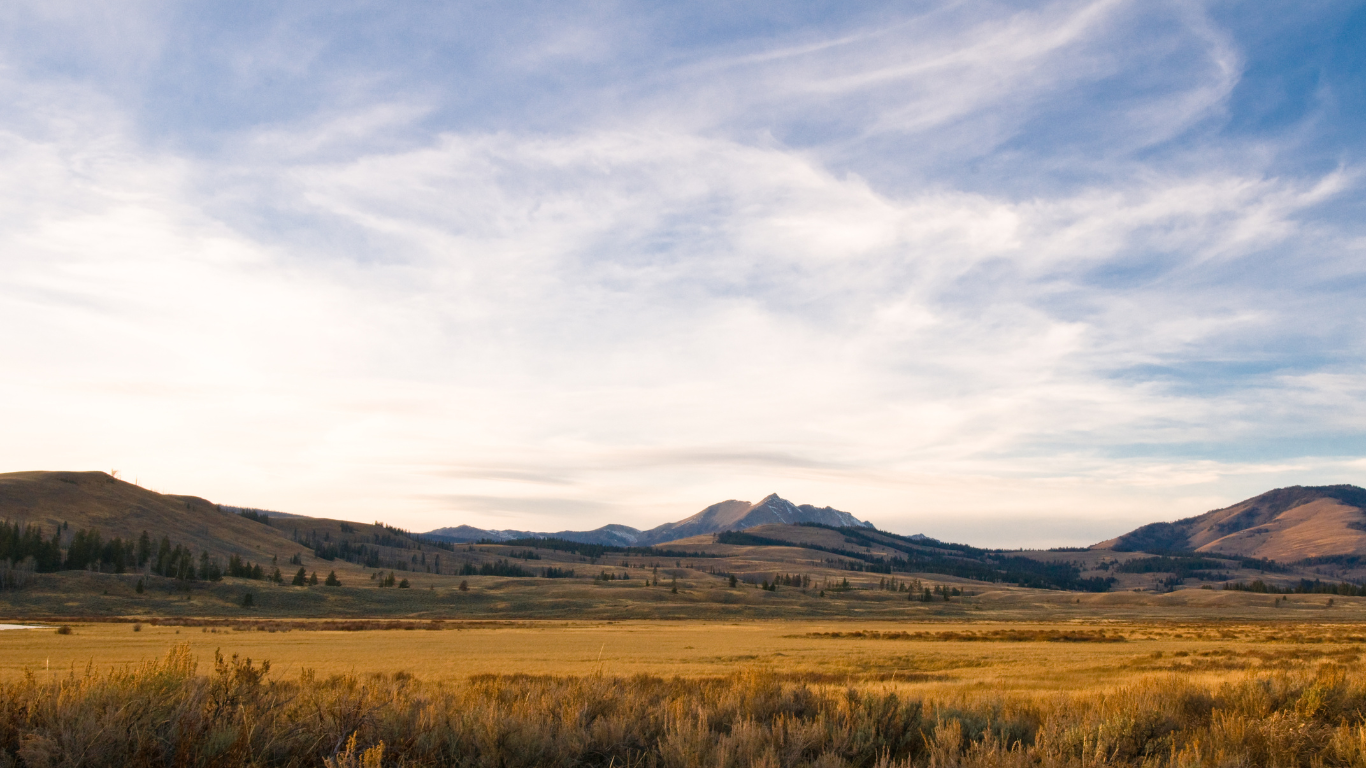
Certification / Grading
Certifications:
AB (Grade-A and Grade-B): Grade-A coffee beans are sorted using a 6.8 mm (17/64 inches) screen, while Grade-B beans are sorted with a 6.2 mm (16/64 inches, or a quarter inch) screen. These two grades are then combined to create Grade-AB coffee.
EP (European Preparation): This means the coffee has a screen size of at least 15 and contains no more than 8 defects per 300 grams. Coffee beans are sorted using screens with holes measured in 1/64-inch increments. For instance, a screen size of 15 indicates that the coffee beans are 15/64 of an inch in diameter.
FT (Fair Trade): Fair Trade coffee supports a better life for farming families in developing countries by guaranteeing them a minimum price, connecting them directly with importers, and promoting long-term environmental stewardship and sustainability.
Natural: All ingredients, additives, and flavors are free from chemicals.
Organic: The coffee is produced without the use of artificial chemicals, including specific additives, pesticides, and herbicides.
SHG (Strictly High Grown): This designation indicates that the coffee was cultivated at an altitude exceeding 1200 meters (approximately 4,000 feet). It is also interchangeable with SHB (Strictly Hard Bean), although its usage may vary across different countries and certification systems. Coffee beans grown at higher altitudes undergo a slower maturation process, resulting in denser and harder beans compared to those grown at lower elevations.
Swiss (Swiss Water® Process): Also sometimes referred to as the “Swiss Processing Method”, this a 4 step process consisting of cleaning and pre-soaking, extraction, carbon filtration, and completion that removes caffeine from coffee beans. We work with Swiss Water to provide a decaf choice you can trust. Never adding chemical solvents like Methylene Chloride or Ethyl Acetate, the Swiss Water® Process decaffeinates using only time, temperature, water, and coffee itself. What could be more natural (or delicious)?
Gradings:
Grade 1 - Specialty Coffee: These are the highest quality coffee beans available. They have to meet a specific screen size, and generally have specific aromas and tasting profiles. While there shouldn't be any defects (i.e. broken/chipped beans, immature/unripe beans, fungus damage, insect damage, etc.) within a batch of specialty coffee, these can have only up to 3 full defects per 300 grams.
Grade 2 - Premium Coffee: These are the most commonly served coffee beans at cafes and by some mass-produced brands. These can have up to 6 full defects per 300 grams.
Grade 3 - Exchange Coffee: These are pretty common within large, mass-produced brands sold at supermarkets. Half of a given batch might not be consistent with the designated screen size. These can have between 7 and 23 full defects per 300 grams.
Grade 4 - Standard Coffee: These are probably the lowest quality beans you would want to try brewing with and it's not going to be the most pleasant experience. These can have between 24 and 86 full defects per 300 grams.
Grade 5 - Off-Grade Coffee: The lowest quality coffee beans. Just stay away from these; you're likely not going to get anything close to a decent cup of coffee from these and it's certainly not going to be consistent. These can have more than 86 full defects per 300 grams.
